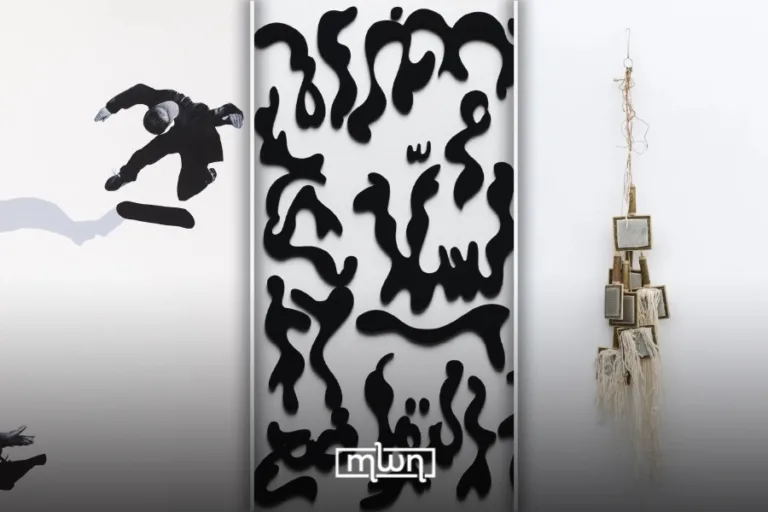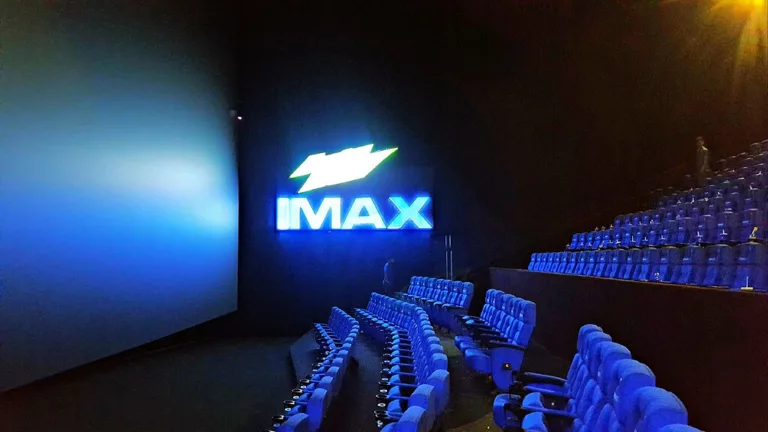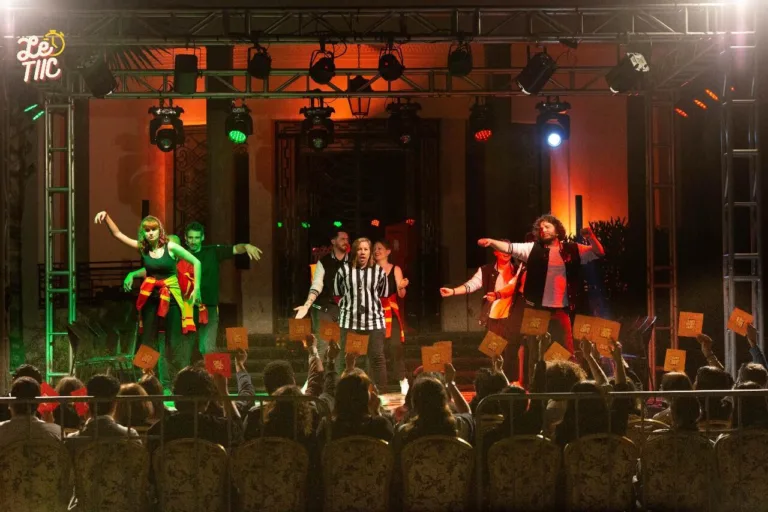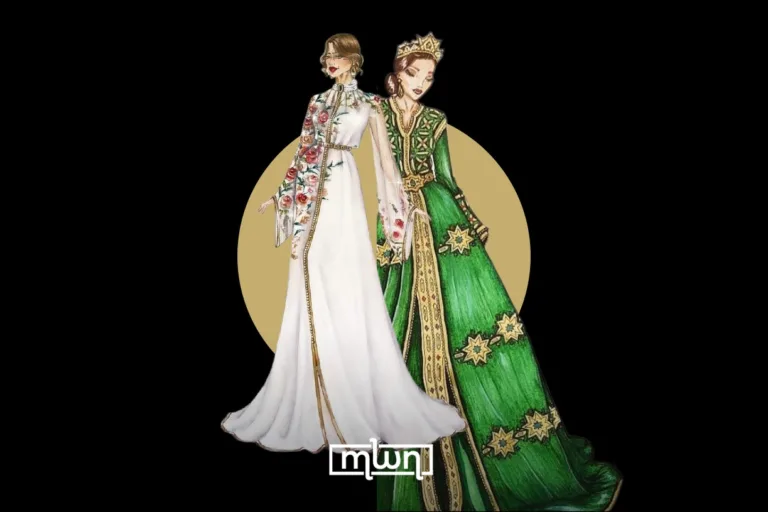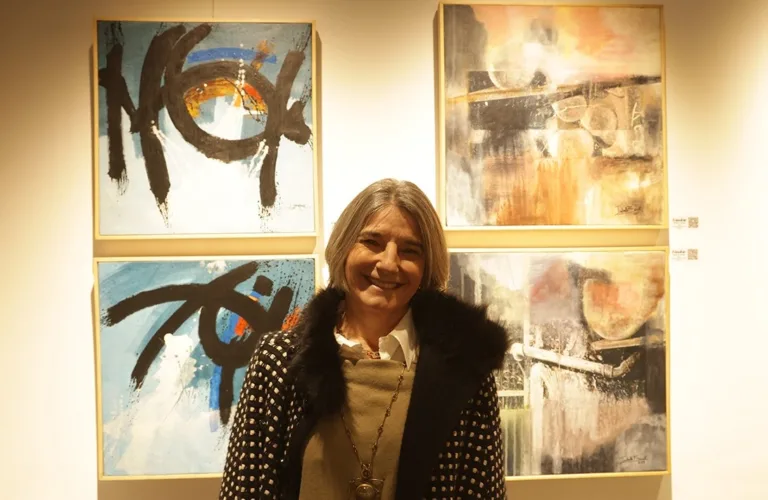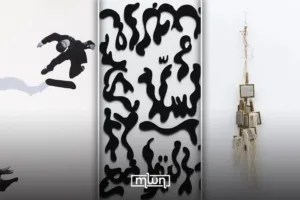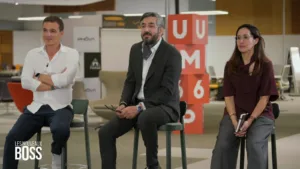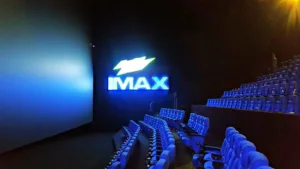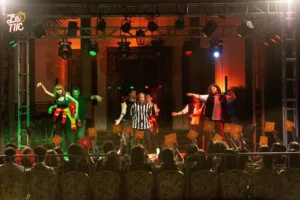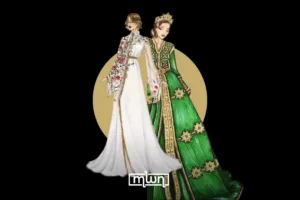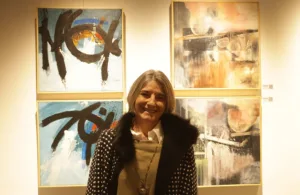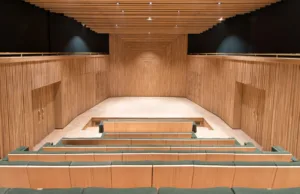Fez — The eighth Moroccan edition of Fado Festival Maroc opened with an evening devoted to Paredes, the towering figure of the Portuguese guitarra whose lyrical, highly technical style expanded the instrument from accompaniment to solo voice. The program blended performance and reflection, offering audiences both the music and the story behind it.
A concert homage brought together guitarist Luís Guerreiro and singer Beatriz Villar, who traced Paredes’ legacy through a set that balanced classic repertoire with interpretive flourishes. The music carried the room from hushed, intricate passages to brighter, ringing lines that revealed the instrument’s distinctive timbre and the emotional range that made Paredes a reference far beyond Portugal.
The night also featured a talk by Portuguese guitarist Paulo Soares, who outlined how Paredes modernized technique on the Coimbra and Lisbon variants of the guitarra. Soares highlighted the artist’s use of innovative right-hand patterns, expanded harmonies, and phrasing that gave the instrument a more orchestral presence, arguing that these choices set the foundation for today’s versatility and helped generations of musicians rethink what fado accompaniment could be.
For organizers, the choice to center Paredes in Rabat was as much cultural diplomacy as musical tribute. Producer Rodrigo Costa Félix said the festival’s return to Morocco reflects long-standing ties between the two countries and a shared appetite for cross-Mediterranean dialogue in the arts. Audiences included diplomats, cultural leaders, and a strong contingent of local music lovers, underscoring the city’s role as a regional stage for international programming.
This Moroccan stop forms part of the festival’s 15th global circuit, which will tour 18 cities across Europe, Africa, Latin America, and Asia. The traveling format has helped the event grow into a reference point for promoting Portuguese culture abroad, using fado as an entryway for broader conversations about craft, identity, and tradition.
Born in 1925 and active until his death in 2004, Carlos Paredes stands among the pivotal artists of 20th century Portuguese music. Recordings such as “Guitarra Portuguesa” and “Movimentos Perpétuos” iconified his style: a blend of virtuosity, emotional clarity, and architectural control that turned the guitarra into a lead storyteller. His work influenced artists inside and outside fado, and his pieces remain staples for guitarists who seek both technical challenge and lyrical depth.
In Rabat, that influence felt present and close. Guerreiro’s lines echoed Paredes’ sculpted tone, while Villar’s vocals grounded the music in the saudade that defines fado’s emotional core. Soares’ remarks gave listeners a toolkit for hearing the details, from voice-leading to articulation, that power the guitarra’s narrative strength.
By anchoring its Moroccan edition in a focused homage, Fado Festival Maroc delivered more than a concert. It offered a compact course in the instrument’s evolution, a reminder of how one artist’s innovations can redefine a tradition, and a timely example of how cultural exchange can deepen appreciation on both sides of the Strait of Gibraltar. As the festival’s global tour continues, Rabat’s opening night set a clear tone: reverent to the past, open to the present, and tuned to the audiences that keep the music alive.


